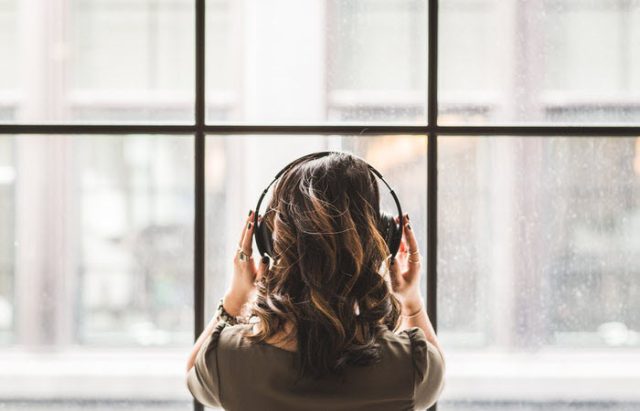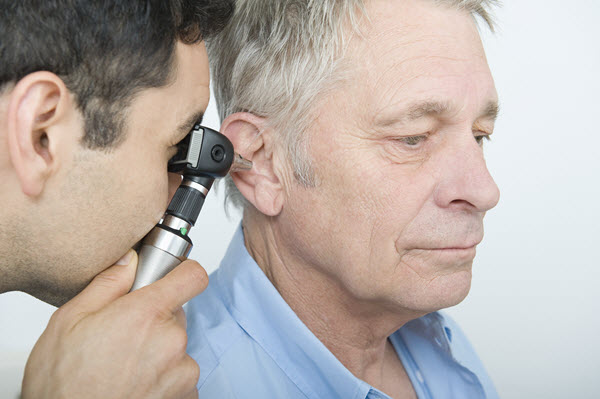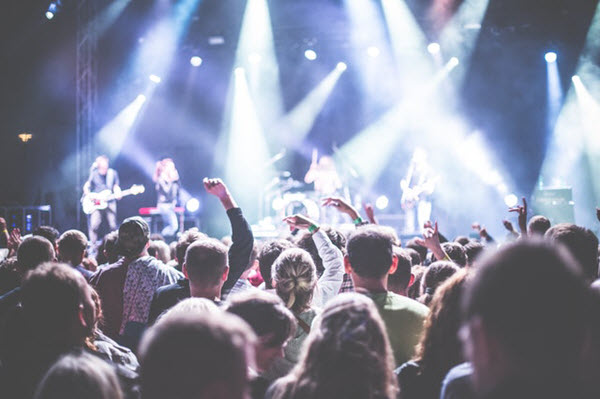What You Need To Do To Protect Your Ears From Deafening Urban Noise
By Christina Ellis
August 23, 2017 • Fact checked by Dumb Little Man

Noise pollution is becoming a pressing global issue more and more each day especially in the urban setting. Studies have shown that due to urban noise, city dwellers experience an average hearing loss equivalent to a person who is around 10 to 20 years older than them. Seniors are in more danger because sudden and violent changes in volume can result to heart attacks and strokes.
With a projected annual urban population growth of 1.85 percent until 2020, we get to forecast an increase in a portion of the world’s population that gets exposed to noise pollution and its ill effects.
The same study also showed a 64 percent positive correlation between hearing loss and city noise pollution levels. That means hearing loss could likely be a direct or indirect result of modern city living.
Here are some useful hacks to protect your ears from the ever-growing noise of the city.
Minimize your personal environment noise
If you live in a noisy building or neighborhood, talk to the landlord and your fellow residents about the enforcement of a noise management plan to cover entertainment venues, commercial sites or construction activities around your area.
You may also apply acoustical adaptations, like a soundproof wall, double glazed windows and a quieter ventilation.
Try to keep your tone low when talking to elderly people. Hearing difficulties come with age. Don’t shout or raise your voice when talking to them. Instead, try whispering or coming closer to them while talking.
Music is life, but you need to limit the volume
We all need music in our lives. Without it, life would be a deafening silence. However, to enjoy music, we must listen to it at 60 percent of the maximum volume without going over 60 minutes per day.
Just as seniors love their music, it’s a good idea to tone it a bit down when they’re around. People with advancing age tend to block out other important sounds, such as cars honking or dogs barking, when loud music is playing.
It is also best for our health if we avoid using our personal music player as a tool to drown out background noise. Yes, that sounds like a bummer. But, when music that goes through your headphones becomes louder than any external sound, then it is too loud and can affect your sense of hearing negatively.
See Also: How To Choose Headphones That Best Suit You
Be proactive about caring for your ears
You shouldn’t have to wait until you observe hearing problems before you even start to care for your ears. The good side to most hearing problems is that most are preventable. With the right behavior, practice, environment and early detection, you get to prevent most hearing impairments.
Also, you shouldn’t just be taking care of your health, but other people’s as well. We have to be mindful of our surroundings and the noise we create that has the potential to harm other people.
Seniors should also have regular check-ups concerning their hearing as problems in the ears often develop into severe conditions. One good example is vertigo wherein balance gets affected.
Paying close attention to your ears is important, especially when there is still a stigma surrounding hearing problems and the deaf community. The truth is, everyone hears things differently and we can all benefit from some love and respect for each other.
When necessary, use earplugs
Earplugs are valuable in a world where people drown each other with noise. The use of earplugs can reduce sound levels by around 15 to 35 decibels. So, when you’re in a place with loud noise or music, use earplugs for protection.
If you’re at a concert scene, you can still enjoy live music with earplugs on as it only decreases the sound to a level that isn’t harmful. If you’re in a firing competition, you might want to use earplugs, too, since the blast of guns can be ear-splitting.
Find time to rest your ears
If you think you’ve overused your ears already, you must take the time to rest. Let your ears recover after exposing them to harmful decibel levels for a period.
According to a study, you would need at least 16 hours of rest, as a recovery period for your ears, after spending about two hours in an environment with a 100dB level of sound. An example of such place is a club. So, if you’ve been clubbing all night, try to rest and stay in a quiet place the following day.
Takeaway
There are certain steps for you to follow so you can protect your ears from irreparable noise damage. You can avoid listening to loud music for a set time. You can also visit an audiologist near you for a checkup so you wouldn’t have to wait for signs of impairment.
And while you cannot personally turn the volume from a construction site at a minimum and neither can you mute the sound of traffic, you can, however, show your support for local initiatives that regulate noise pollution.
Christina Ellis
Christina Ellis is a writer and a blogger who is an aspiring nurse. She loves researching about topics that revolve around health and in the medical field. When not writing, she volunteers at their local clinic in assisting elderly patients.



